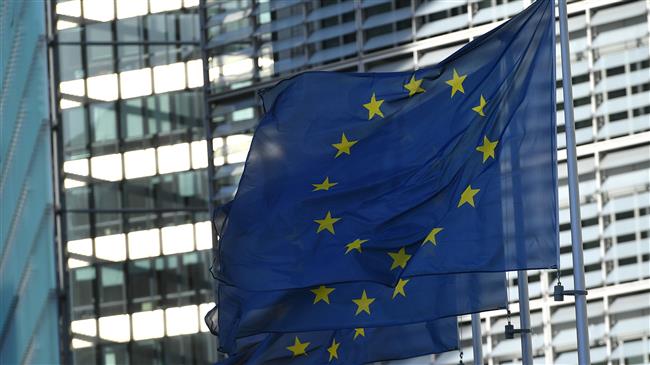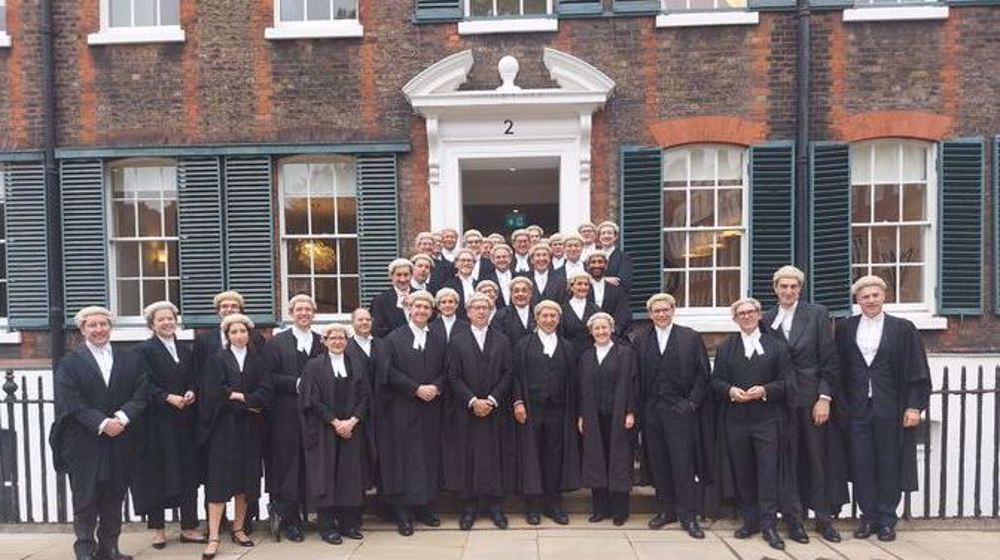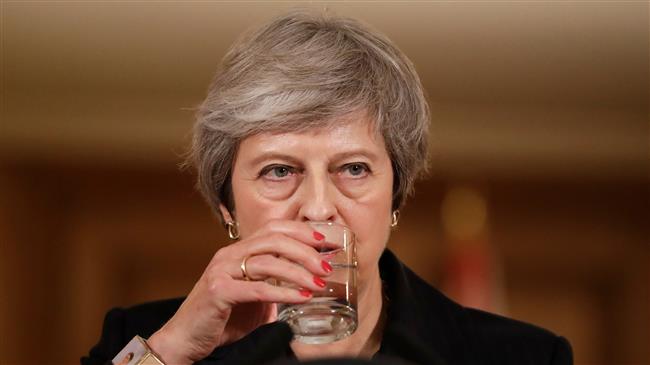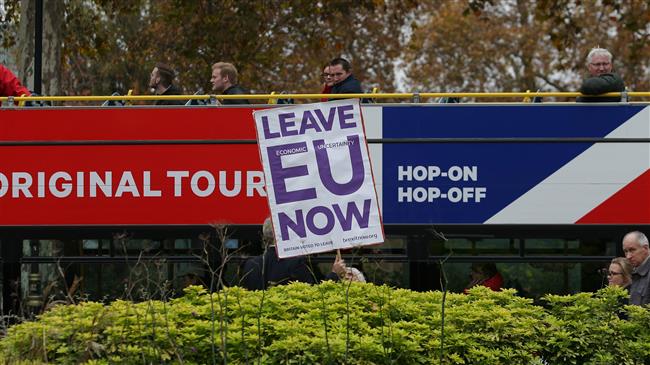EU rules out possibility of renegotiating Brexit deal
The European Union has ruled out the possibility that a divorce deal it has reached with Britain can be renegotiated, with senior officials insisting it is fair enough to go along with.
“No deal better than the one on the table can be reached,” said Germany’s European affairs minister, Michael Roth, on Monday as he was referring to a controversial draft Brexit deal announced by London last week.
Germany’s Economy Minister Peter Altmaier also said that there was no chance for a change to the Brexit deal while dismissing any prospect of a return to the drafting table.
The comments come as British Prime Minister Theresa May is working with the EU on the final details of the Brexit agreement to make it available for a summit of EU leaders on Sunday.
May has indicated that she could gain concessions from the EU on a political declaration that would define the bases of the future relations between the two sides. However, her opponents want changes to the 585-page deal that is mostly concerned with Britain’s departure from the EU on March 29, 2019 which includes controversial measures about how the two sides will cooperate during a two-year transition period.
The EU’s top Brexit negotiator Michel Barnier said Monday that ministers of member states had endorsed the deal, saying it was sufficiently “fair and balanced.”
“The deal is fair and balanced. We are in fact at a decisive moment in this process; no one should lose sight of the progress that has been achieved in Brussels and in London,” Barnier said.
The French diplomat suggested, however, that there might be a chance for the EU to allow an extension to Brexit transition period to continue beyond December 2020 so that the two sides could have more time to work out a permanent agreement for future ties.
“The EU side will still have to decide the internal process for agreeing to extend the transition period,” Barnier said after a meeting of the EU’s national ministers in Brussels.
British officials said that London was allowed to ask for an extended transition period although they insisted the measure should end by 2020 when Britain is due to hold its general election.
“It would be our discretion, it would be purely for us if we wanted to and there are reasons we may not want to take that up, it would be available to us,” said Business Secretary Greg Clark in an interview with the BBC Radio.
May’s spokesman also said on Monday that there was little chance Britain would demand an extension to the post-Brexit transition period. Estimates suggest an extension to the so-called implementation period would cost Britain an extra 10 billion pounds on top of nearly 40 billion pounds it has to pay for the two-year time.
May herself said at a speech in London that the transition time should end before the next general election.
“I think it is important that in delivering for the British people we are out of the implementation period before the next general election,” the prime minister said while addressing business leaders.
Iran condemns ‘vicious act of Israeli terrorism against civilians’
Netanyahu: Israel won't allow Hayat Tahrir al-Sham forces in southern Syria
VIDEO | Paying tribute to Hezbollah leaders
Hezbollah leaders’ historic funeral showed resistance strength: Islamic Jihad
Iran reports surge in air traffic as Austrian, Lufthansa resume flights
VIDEO | South Africans set to lobby government to isolate Israel
IRGC chief: Nasrallah decisive figure in regional equations with global dimensions
VIDEO | Press TV's News Headlines















 This makes it easy to access the Press TV website
This makes it easy to access the Press TV website